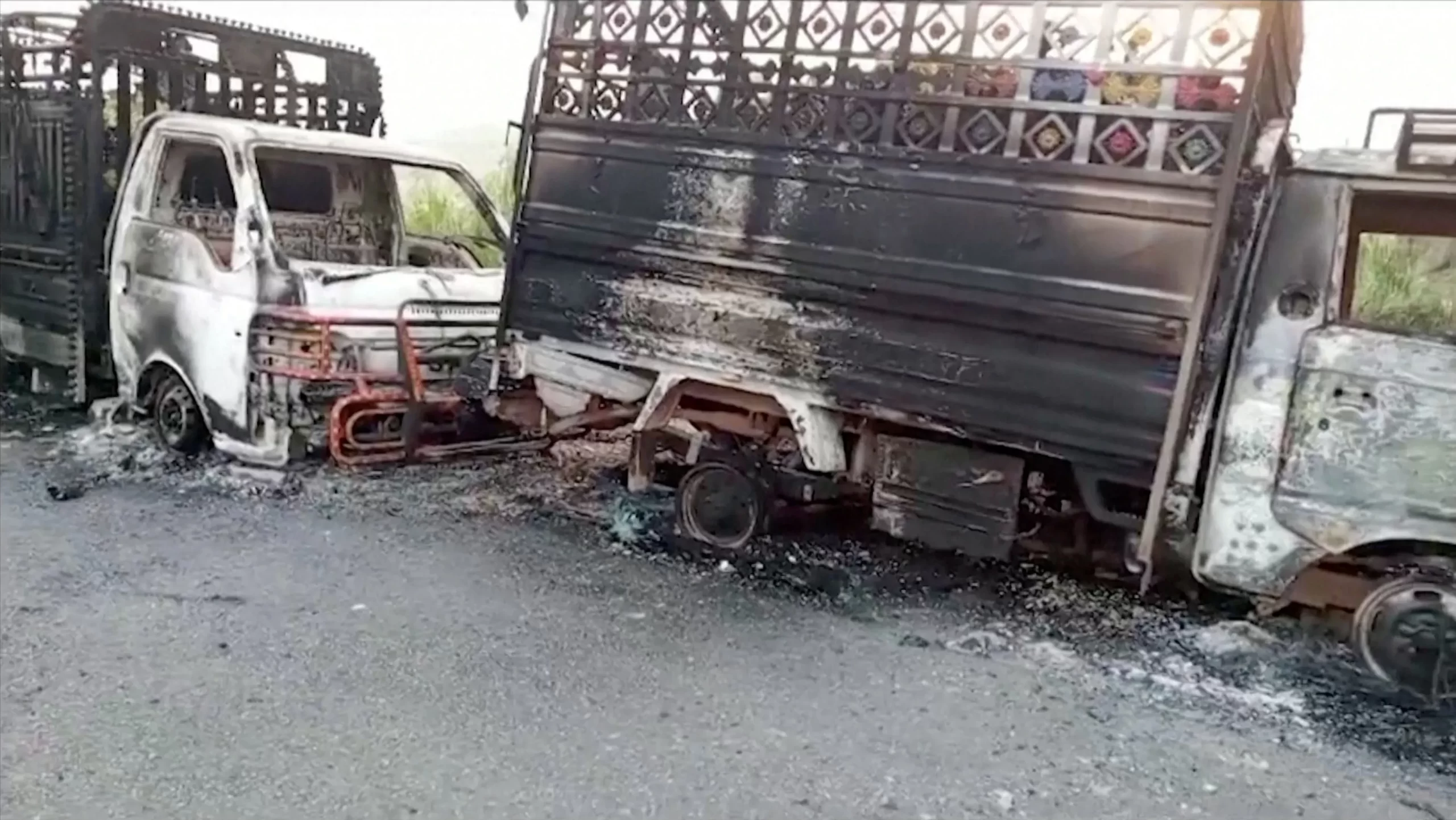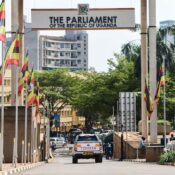
In Balochistan, Pakistan, militant attacks have resulted in the deaths of over 70 individuals
Separatist militants attacked police stations, railway lines, and highways in Pakistan’s Balochistan province, resulting in the deaths of at least 73 individuals. Security forces responded by conducting retaliatory operations, according to officials.
Ethnic militants, who have been engaged in a decades-long insurgency to secure the secession of the resource-rich southwestern province, which is home to significant China-led projects such as a port and a gold and copper mine, committed the most prevalent attacks in years.
In a statement, Interior Minister Mohsin Naqvi stated, “These attacks are a well-planned strategy to incite anarchy in Pakistan.”
The Pakistani military reported that 14 soldiers, police, and 21 militants were slain in the fighting that ensued following the most severe of the attacks, which targeted buses and trucks on a major highway.
The chief minister of Balochistan reported that 38 civilians were also slain. The roadside attack resulted in the deaths of 23 individuals, according to local officials. The attackers, who were armed, had previously verified the identification of passengers before firing and torching numerous vehicles.
“In a televised press conference, Chief Minister Sarfraz Bugti stated that individuals were taken off buses and killed in front of their families.”
Blasts on a rail viaduct that connects the provincial capital to the rest of Pakistan resulted in the suspension of rail traffic with Quetta. Another rail connection to neighboring Iran was also struck by militants, according to railways official Muhammad Kashif.
In the vicinity of the railway bridge attack, the police reported the discovery of six bodies that have not yet been identified.
In Balochistan, Pakistan’s largest province by area but least populated, militants also targeted police and security facilities, according to officials. At least 10 individuals were killed in a single attack.
“Haruf” or “dark windy storm” was the name of the operation that the Baloch Liberation Army (BLA) armed militant group claimed accountability for. In an announcement to journalists, they asserted that there have been additional assaults in the past day that have not yet been verified by appropriate authorities.
Four suicide bombers, including a woman from the southern port district of Gwadar, were alleged to have participated in an attack on the Bela paramilitary base, according to the group. According to the provincial chief minister, three individuals were killed at the base, although Pakistani authorities have yet to corroborate the suicide blasts.
According to the BLA, the central government is unjustly exploiting gas and mineral resources in the province, where poverty is prevalent, and is the largest of several ethnic insurgent groups that are combating it. It desires Balochistan’s independence and China’s expulsion.
Akbar Bugti, a Baloch nationalist leader, was slain by Pakistan’s security forces in 2006. He was commemorated on Monday.
Prime Minister Shehbaz Sharif declared that security forces would render retribution and prosecute those accountable.
According to the chief minister, Bugti, additional intelligence-based operations will be implemented to eliminate militants. He suggested the possibility of restricting mobile data services in order to prevent militant coordination.
“They launch attacks, film it and then share it on social media for propaganda,” he pointed out.
General Li Qiaoming, commander of the People’s Liberation Army Ground Forces in China, and Pakistan’s army chief Asim Munir convened on Monday. However, a Pakistani military statement issued subsequent to the meeting did not discuss the attacks.
European Commission spokesperson Nabila Massrali expressed that the EU condemned the attack.
Deaths of passengers occurred.
A senior superintendent of police, Ayub Achakzai, informed Reuters that armed individuals obstructed a highway on Sunday evening, forcibly removed passengers from their vehicles, and executed them after verifying their identification card.
On the highway in the Musakhail region, as many as 35 vehicles were torched.
According to Hameed Zahir, the deputy commissioner of the region, the armed men not only murdered passengers but also the drivers of trucks transporting coal.
Workers from Punjab, Pakistan’s eastern province, have been the target of militants who perceive them as exploiting their materials.
They have also conducted attacks on Chinese citizens and interests in the province, which is home to the deepwater port of Gwadar and a gold and copper mine in its western region.
The BLA said that its militants targeted military personnel who were traveling in civilian attire. Pakistan’s interior ministry declared that the deceased were innocuous citizens.
The ten individuals who were slain in clashes with armed militants who stormed a station of the Balochistan Levies in the central district of Kalat were six security personnel, three civilians, and one tribal elder, according to police official Dostain Khan Dashti.
In two southern coastal cities, officials reported that police stations had also been targeted; however, the exact number of victims had not yet been verified.
All Categories
Recent Posts
Tags
+13162306000
zoneyetu@yahoo.com



